Central banker rejects claims over private deals
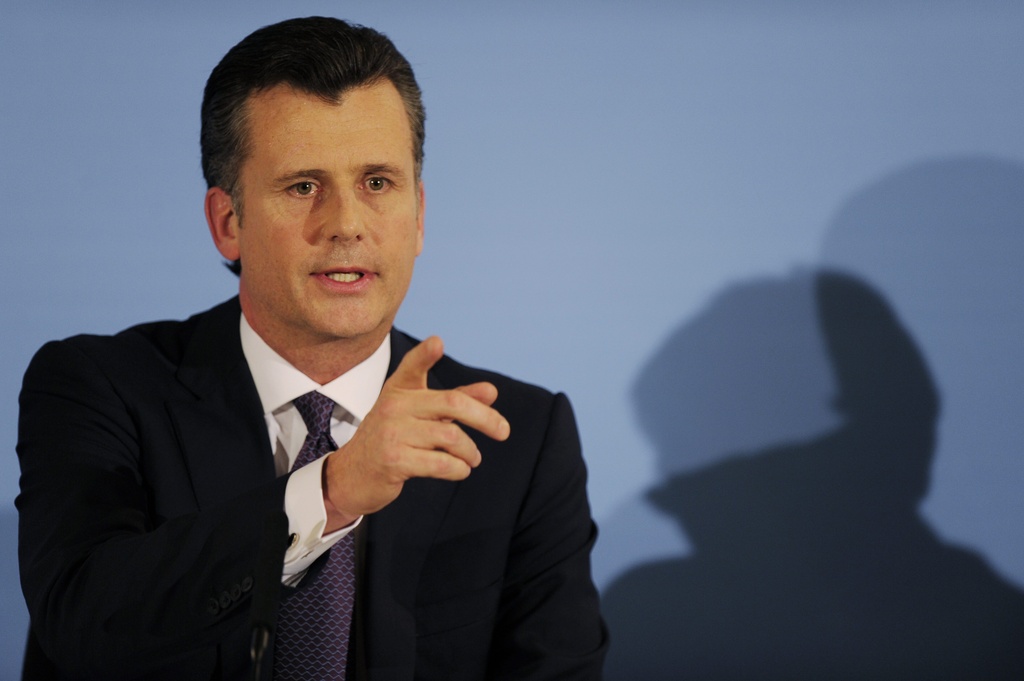
Swiss National Bank chairman Philipp Hildebrand has denied any wrongdoing over private currency deals that produced profits for his family.
He said he had no plans to resign and accused opponents of trying to exploit false allegations for political ends.
Breaking his silence to counter a national uproar on Thursday, Hildebrand said he had acted according to the central bank’s internal rules in the United States dollar swaps, which came as he was spearheading efforts to lower the value of the Swiss franc.
“I am not aware of having committed any legal error,” Hildebrand told reporters at the SNB’s headquarters in Zurich.
“But I understand that the public is also asking moral questions.”
Hildebrand said the only charge he would level against himself is that he failed to reverse the August 15 dollar purchase made by his wife.
Asked why he didn’t do so, he responded: “Let’s just say my wife has a strong personality.”
He said he donated the profit of SFr75,000 ($78,814) from the controversial currency transaction to a charity.
Transparency
With the bank’s board president Hansueli Raggenbass looking on, Hildebrand said the affair had thrown into sharp relief the need to overhaul the SNB’s internal rules to ensure “absolute transparency” about the private financial transactions of members of the governing board going forward.
He proposed that all transactions made by board members in excess of SFr20,000 ($20,099) be submitted to internal and external auditors for a compliance check before being carried out.
He mooted that all transactions be published at the general meeting of shareholders and that the SNB’s external auditors should have unrestricted access at all times to the account documentation of board members.
Hildebrand also called for an end to the ongoing controversy to avoid damaging the reputation of the central bank.
Reputation
In an extraordinary move for a chairman of the Swiss National Bank, Hildebrand listed details of personal financial transactions – including purchases of artworks, a boat and an apartment – in an effort to clear his name of accusations he or his wife had acted improperly.
The 48-year-old has had come under pressure to reveal all details of the dollar deals.
Hildebrand said he understood that the dollar deals conducted by his wife could be misinterpreted and damage his reputation. But he insisted that he would stay on as president.
“Resignation is not an issue for me as long as I have the confidence of the board and of the Swiss government,” he said.
Political fight
Hildebrand lashed out at those who had revealed the dollars deals by leaking details of his private account at Bank Sarasin. The Basel-based bank said it has fired an IT support employee who handed the files to a lawyer close to the rightwing Swiss People’s Party. A criminal investigation is underway.
“I regret that in certain quarters, where for many years Swiss banking secrecy has been vehemently defended, a serious breach of this very same secrecy should now be acceptable in the pursuit of political goals,” Hildebrand said.
The People’s Party strongman, Christoph Blocher, known for his opposition to Hildebrand’s financial policy, announced he would give a news conference on Friday.
Blocher reportedly met with 2011 Swiss President Micheline Calmy-Rey, presenting her with information about Hildebrand’s foreign currency transactions.
His party has called for the resignation of Hildebrand and called for a parliamentary investigation.
For his part, Hildebrand said he would consult with his lawyer on whether to take legal steps against those involved in smearing his name.
“Rock star of euro crisis”
The public furor over Hildebrand’s private deals marks a rare misstep for the former champion swimmer. As recently as last week, one Swiss newspaper described him as the “rock star of the euro crisis” for keeping a cool head while Switzerland’s neighbours trembled amid the turmoil affecting the euro currency.
It was Hildebrand who led the Swiss National Bank’s efforts to vent steam from Switzerland’s overheating currency by setting the minimum value of the euro at SFr1.20 on September 6.
When details of Hildebrand’s account at Bank Sarasin surfaced late last year, both the Swiss central bank and the government said he had done no wrong and closed the case.
But the recent drip-drip of claims some of them pitting Hildebrand’s word against those of a magazine hostile to his leadership of the bank reignited debate over the future of Switzerland’s top banker.
Observers say much of Hildebrand’s credibility rests on his claim that it was his wife Kashya, a former currency trader now running an art gallery in Zurich, who bought more than half a million US dollars on August 15 without telling her husband.
Kashya Hildebrand, a Pakistan-born US citizen, told Swiss public television that she invested in the dollar “because it was at a record low and almost laughably cheap”.
Hildebrand told reporters that his wife wasn’t aware that the central bank would two days later increase the liquidity of the franc, thereby lifting the value of the dollar.
On August 15, 2011, SFr500,000 would have bought $642,211.
At midday on September 6, the day the SNB announced the minimum franc-euro exchange rate, $642,211 would have bought SFr505,497.
The following day, after the announcement, the same amount would have bought SFr528,951.
The franc value climbed during the month. At its highest point on October 10 $642,211 would have bought SFr595,169.
The SNB has exclusive rights to print money in Switzerland and is charged with ensuring price stability.
It has the legal status of a joint stock company, with Switzerland’s 26 cantons each holding a significant share in the bank.
The SNB is obliged to hand over two-thirds of its excess profits to the cantons each year and a further third to the government.
In the 1970s, the SNB intervened in the currency markets to stop the franc gaining in value against the German Deutschmark.
The operation was considered a success as it halted the franc’s rise, but it resulted in rampant inflation in the early 1980s.
The SNB was reorganised in the 1990s to turn it into a more streamlined organisation. The central bank’s independence was also written into the Swiss constitution, with the changed version coming into force in 2000 after a referendum.
The SNB’s independence was reiterated in the revised National Bank Act in 2004. At the same time, the SNB’s supervisory council was given greater strength to oversee operational standards.

In compliance with the JTI standards
More: SWI swissinfo.ch certified by the Journalism Trust Initiative

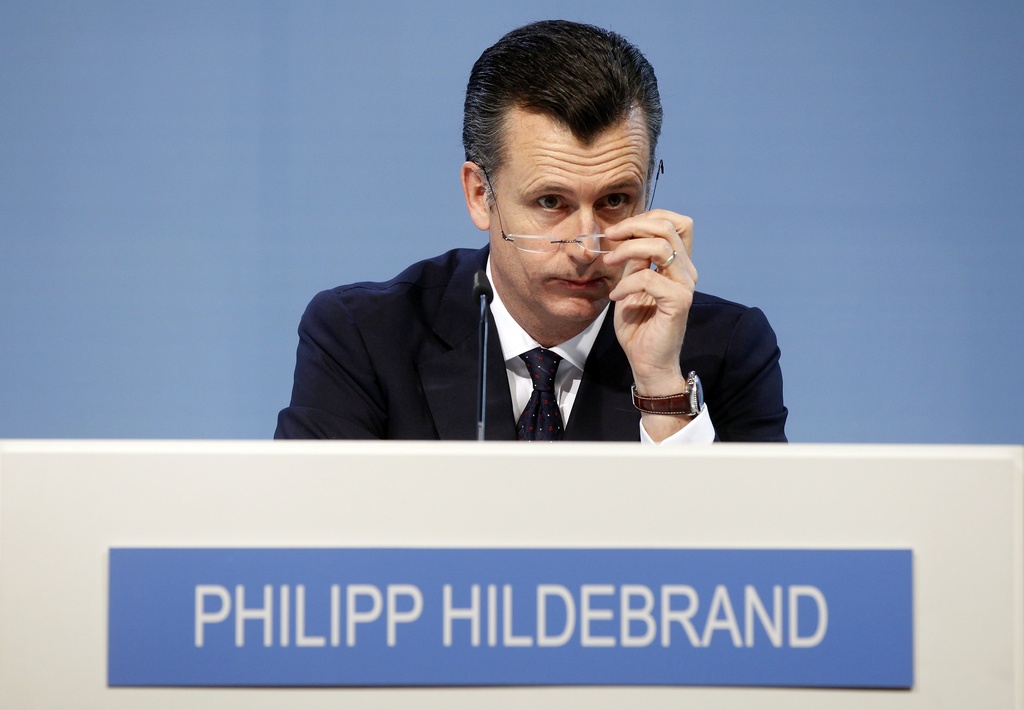

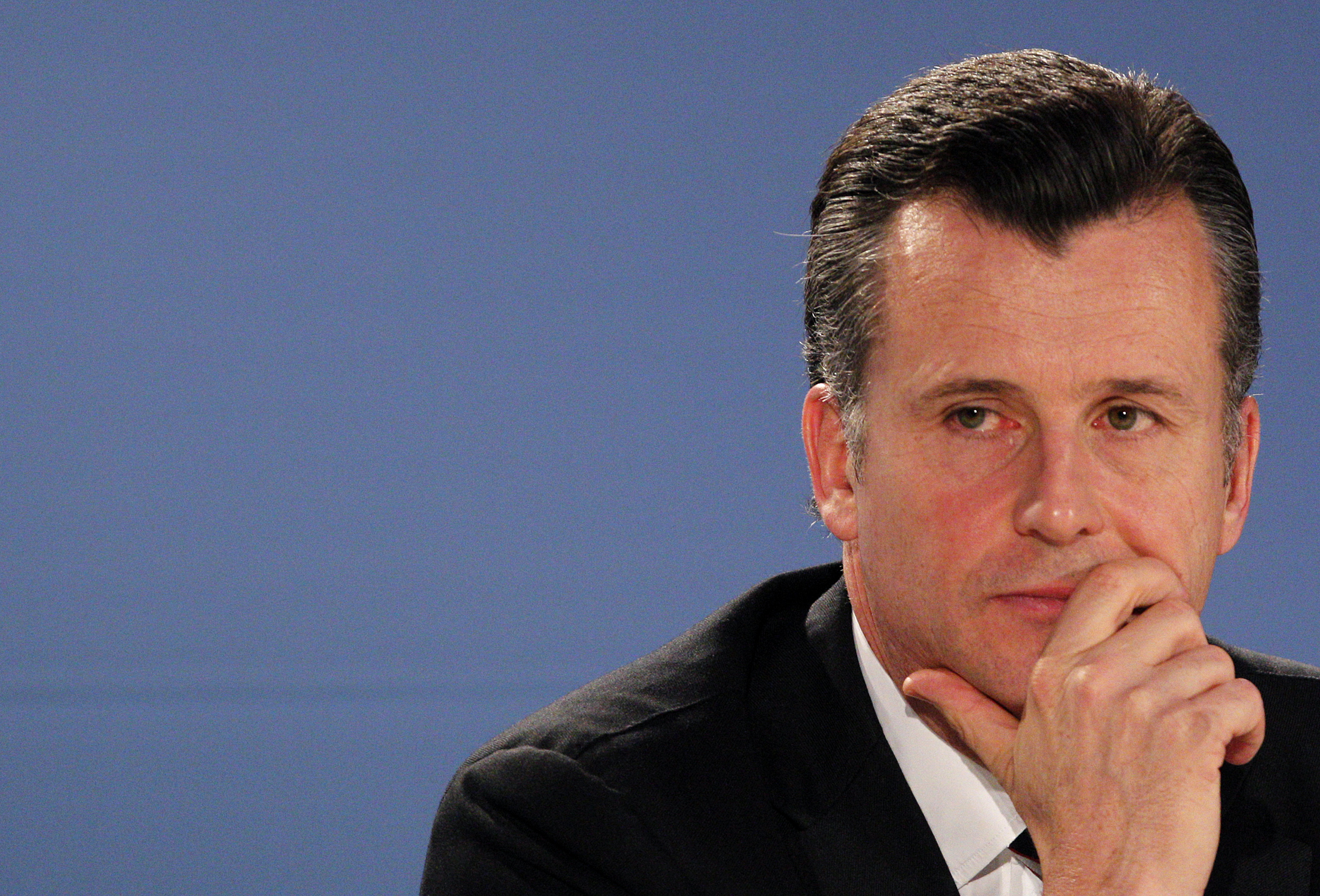
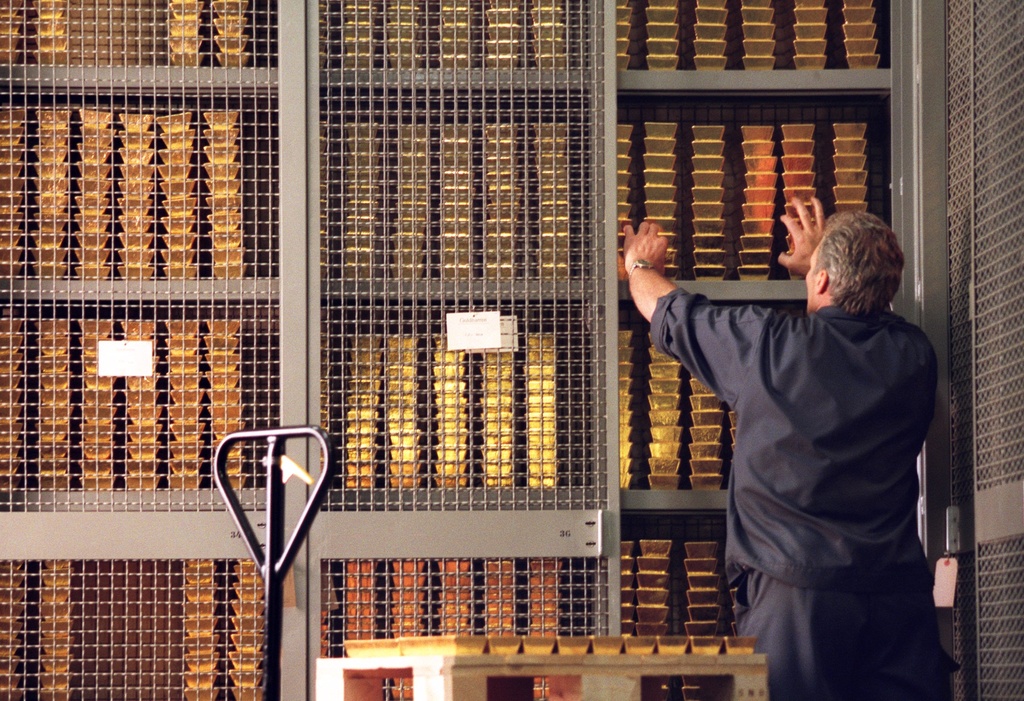
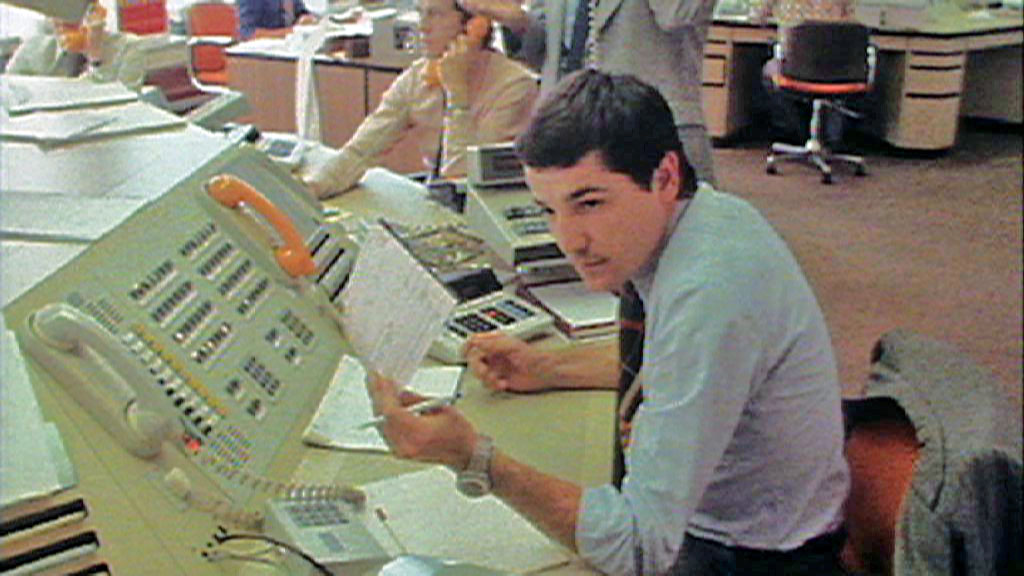

You can find an overview of ongoing debates with our journalists here. Please join us!
If you want to start a conversation about a topic raised in this article or want to report factual errors, email us at english@swissinfo.ch.